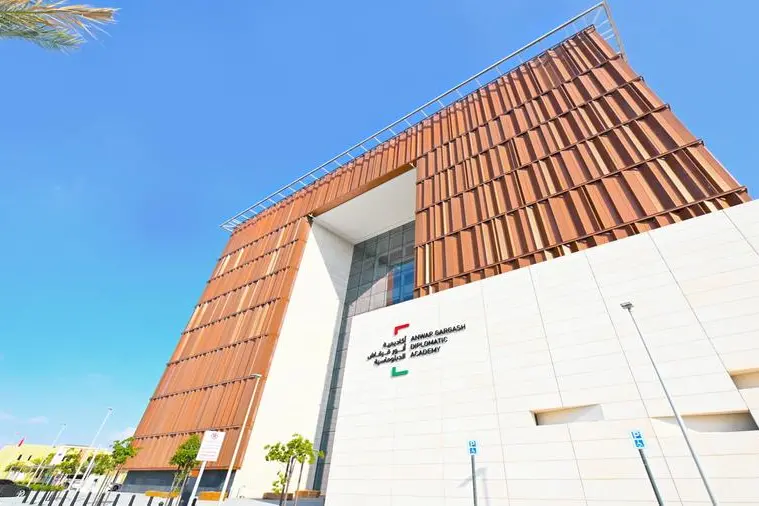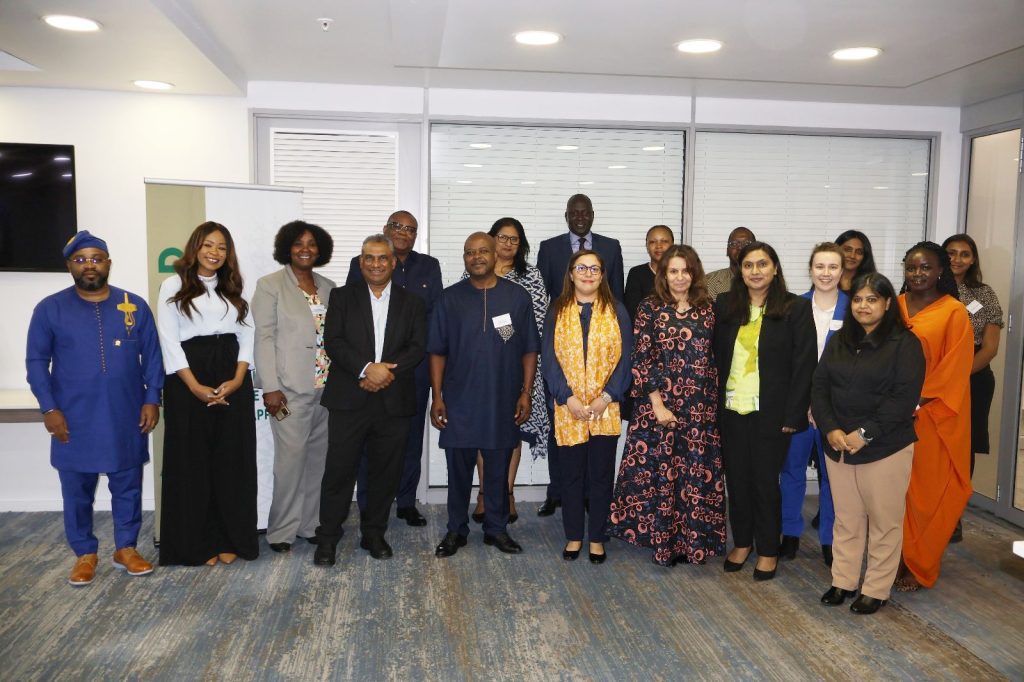On 19 March 2025, ACCORD hosted the first segment of its ACCORD Network (ACCNET) Storytelling Series under the theme Leveraging Technology to Strengthen the Women, Peace and Security (WPS) Agenda. The virtual dialogue featured Ms Lillian Achom, Director at AccessPlus
The ACCNET Storytelling Series was launched to provide a platform for African women and youth to share their lived experiences in peace and security, while capturing and amplifying community-led innovations. Although women and youth continue to contribute meaningfully to peacebuilding, their approaches and strategies are often undocumented and under-shared. This series seeks to close that gap by showcasing local best practices, strengthening collaboration, and generating actionable recommendations for advancing the WPS and YPS agendas.
In commemoration of International Women’s Month, the first part of the series featured a storytelling presentation by Ms. Achom. She discussed how technology can be locally owned, gender-responsive and scaled to empower the women in marginalised communities. Through AccessPlus, Ms. Achom works with border communities in Northern Uganda along the Uganda–South Sudan border to address post-conflict challenges and amplify local voices, particularly those of women and youth.
Drawing from her personal experiences growing up during the Lord’s Resistance Army conflict, Ms Achom reflected on the long-term impact of violence, mass displacement, and the breakdown of traditional structures. In response to these challenges, women in her community began forming informal support groups. These groups eventually evolved into an organised network that launched a women-led community radio station with support from development partners. The station became a critical tool for disseminating information on HIV prevention, sexual and gender-based violence, conflict resolution, and socio-economic recovery.
Ms Achom emphasised that such platforms are especially valuable in borderland regions, where communities are often linguistically and geographically marginalised from national policy conversations. She noted that local ownership and inclusive stakeholder engagement were crucial to the success and sustainability of the initiative.
ACCORD’s Ms Lwandile Moyo facilitated the dialogue between Ms Achom and participants. The vibrant participants from across Africa resonated with Ms. Achom’s story and were eager to share complementary experiences and learn more from Ms. Achom’s experience and expertise.
In response, Ms Achom emphasised the need for advocacy and inclusive planning when introducing technological solutions, stressing that interventions must be co-developed with both community stakeholders and authorities.
The potential for community radios to serve as early warning mechanisms for emerging conflict threats was also explored. Ms Achom noted that radio messaging- complemented by phone communications- during a recent incident on the Uganda–South Sudan border—was instrumental in alerting communities and reducing exposure to harm.
While community radios offer a promising model, Ms Achom acknowledged ongoing challenges, such as funding, limited broadcasting range, intermittent electricity access, and the risk of misinformation if not properly managed. To address these concerns, AccessPlus provides ongoing capacity building for volunteers operating the radios and has supported the establishment of ICT Centres in partnership with telecom providers, offering affordable bandwidth and training for women-led networks.
The dialogue concluded with closing remarks from Ms Moyo, who thanked Ms Achom for her powerful storytelling. Ms Moyo reaffirmed ACCORD’s commitment to supporting inclusive, grassroots-led peacebuilding efforts. She also highlighted that initiatives like AccessPlus serve as a powerful reminder that technology, when locally integrated and responsive to gender needs, can act as a catalyst for lasting change.
This storytelling dialogue forms part of a broader series under the ACCNET platform and will contribute to a consolidated knowledge product, aimed at capturing and sharing effective strategies from across the continent.








